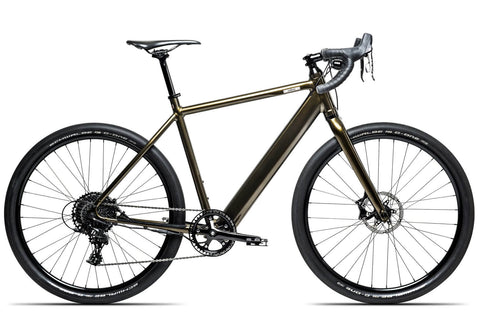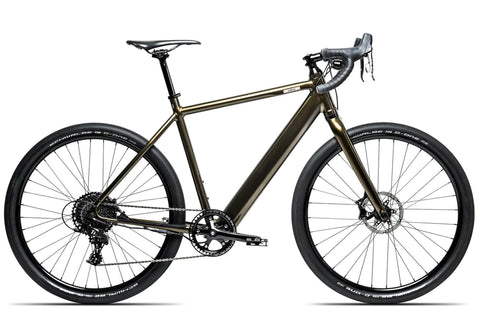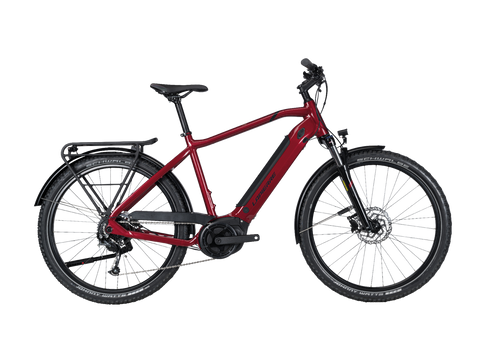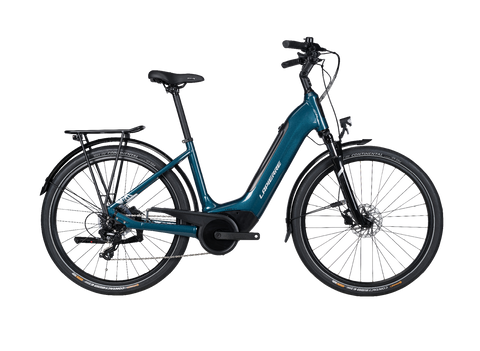
Southampton Clean Air Zone Guide
Southampton Clean Air Zone Guide
Introduction:
Southampton is one of the UK cities with poor air quality, mainly due to heavy traffic congestion and high levels of industrial activity. To address this problem, the city has introduced a Clean Air Zone (CAZ) to reduce air pollution and improve air quality.
What is a Clean Air Zone?
A Clean Air Zone (CAZ) is an area where targeted action is taken to reduce air pollution and improve air quality. The measures taken may include charging higher-emission vehicles for entering the zone, promoting the use of low-emission vehicles, and encouraging the use of public transport.
Southampton Clean Air Zone:
The Southampton Clean Air Zone covers the city centre and parts of the A33 and A3024. The zone is in operation 24/7, every day of the year.
Charges:
Vehicles that do not meet the minimum emissions standards will be charged to enter the Southampton Clean Air Zone. The charges are:
- £8 per day for non-compliant taxis and private hire vehicles
- £50 per day for non-compliant buses, coaches, and HGVs
Exemptions and Discounts: Certain vehicles are exempt from charges, including: Emergency vehicles Military vehicles Disabled passenger vehicles Historic vehicles Discounts are also available for some vehicles, including: Residents who live within the Clean Air Zone boundaries can apply for a 90% discount Businesses that operate within the zone can apply for a 75% discount Payment and Penalties: Payments for entering the Clean Air Zone must be made in advance or on the day of travel.
How to Check if Your Vehicle is Compliant:
You can check if your vehicle meets the minimum emissions standards by using the government’s online vehicle checker tool(ENTER HERE). You will need to know the registration number, make, and model of your vehicle.
Conclusion:
The Southampton Clean Air Zone is part of the city's efforts to reduce air pollution and improve air quality. By charging higher-emission vehicles and promoting the use of low-emission vehicles, the zone aims to reduce the levels of harmful pollutants in the air. If you are planning to travel into Southampton, make sure to check if your vehicle meets the minimum emissions standards to avoid being charged.
Southampton clean air transport alternatives
Southampton offers great incentives to go electric!
Those wanting a plug-in electric car can get government help:
- 90 percent reduction for city centre parking season tickets
- Toll free Itchen Bridge crossing
- Generous charging facilities
- £3,500 grant to buy the vehicle
- Zero tax for zero-emissions capable vehicles (reduced rate for low emissions)
Although better for the environment, an electric car might not be the most cost nor traffic friendly.
For city commuters who want to guarantee that they’re not impacted by any future air pollution fees, but need something for a lower budget, e-bikes are an excellent alternative.
Practical and great for avoiding city traffic, an e-bike will ensure that you don’t fall foul of any future emissions-fee policies.
Plug-in electric motorcycle drivers can also get all of the above incentives, but a lower grant of up to £1500.
For more information about Southampton's clean air plans check out the city council website.
Book a call with our low-emission experts today to discuss the best low carbon alternative for you.
Source: Southampton City Council
For our full range of eBikes see here




